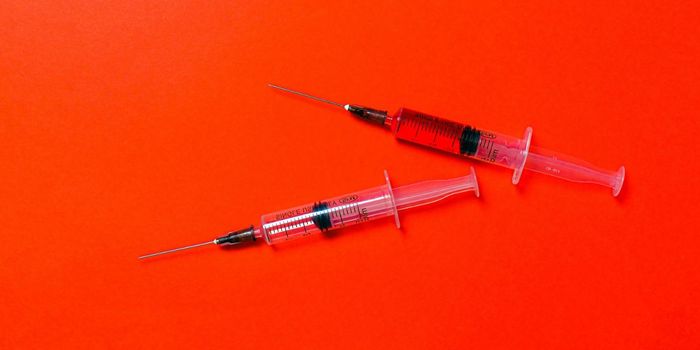What It Means If You Are Ediblocked

Ediblocking is a phenomenon in which some people can consume vast quantities of cannabis without feeling any effects at all. This happens whether the users are ingesting cannabis in the form of edibles, but not smoking, vaping, any other method.
Researchers are wanting to understand ediblocking as soon as possible, as they feel that ediblocking poses challenges and potential complications as it relates to medical cannabis treatments. Ediblocking also brings up questions as to the accuracy of blood tests indicating impairment due to THC consumption.
Scientists have several theories. Some posit that ediblocking is caused by peculiarities in the liver enzymes responsible for breaking down THC. Other theories indicate that it may be possible that some users’s enzymes do not process THC at all, simply excreting the THC from the body without any effects.
Other theories still make the case that the presence of unusual enzymes may just break the THC down so quickly that the cannabinoid does not have sufficient chance to affect the user with its typical effects. The uncommon CYP2C9 gene is the one that is potentially responsible for breaking down THC so fast that the cannabinoid becomes ineffective.
In order for users to fully understand how ediblocking can affect them, researchers will need to publish more conclusive data as to why and when it happens. The biggest risk that users experiencing ediblocking will face is testing positive for impairment, even if they are not at all impaired due to their unique condition. Not only does ebiblocking have medical implications in the years ahead, but potential legal implications as well.
Sources: Boston Globe, Merry Jane, Veriheal








